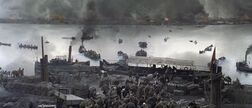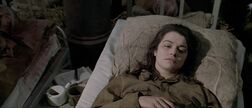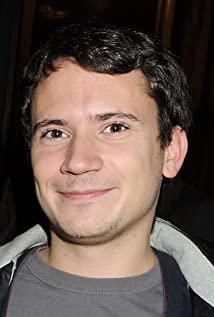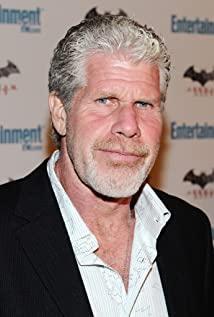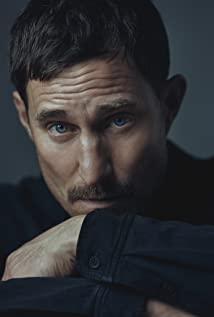In "Bing on the City", the shallowest line is actually the plot line, that is, the confrontation between two snipers. This line basically assumes the entertainment function and is responsible for making the story look good. If there is only this line, this story It's just an ordinary Hollywood war movie, and what makes this story sublime is precisely the setting of another seemingly dog-blooded love line. In the film, the existence of this love line is not to express love, but as a time when the war is intermittent. The embellishment is used to show desire, and the purpose of showing desire is to express views on war, thus giving birth to the theme.
See how the story progresses. After the film begins, it uses a long space to foreshadow the cruelty of the war and the significance of the battle of Stalingrad, pointing out that the outcome of this battle will determine the fate of the Soviet Union and even the whole world. Then he focused on the duel between the hero Zaitsev and the major, pointing out that the outcome of the duel between the two would determine the outcome of the battle and whether the entire world would fall. After all these backgrounds are clearly explained, the real story will begin, that is, the love triangle, but the screenwriter wrote love to let Danilov make a choice after the failure of this love competition. The choice will ultimately outline the theme of the entire film. In the film, Danilov's love for girls and the jealousy caused by love made Danilov sacrifice Zaitsev, in fact, he chose to lose Stalingrad to defend his own desires. War, sacrificing his motherland, the Soviet Union, and even the whole world, this huge selfishness echoes the selfishness of Shasha's mother who would rather her son treason and let him live, thus making this war a fallacy, namely: Danilo The husbands fought desperately in the war, trying to finally defeat the enemy and get a world without war, but they never realized that the reason why they fell into the war, the soil that grew the flower of war, was the huge selfishness in their hearts. , they choose to do whatever it takes to get their beloved woman and son, and the Hitlers choose to wage war, there is essentially no difference. Danilov and Shasha's mother were put into a trial, and they didn't pass, so the conclusion of the film is pessimistic: because people can't fight themselves, they can't defeat war, the Soviet Union at the end of the film The cheers of the soldiers celebrating victory also have a different meaning. The war is only a temporary escape, and it will return soon.
View more about Enemy at the Gates reviews




